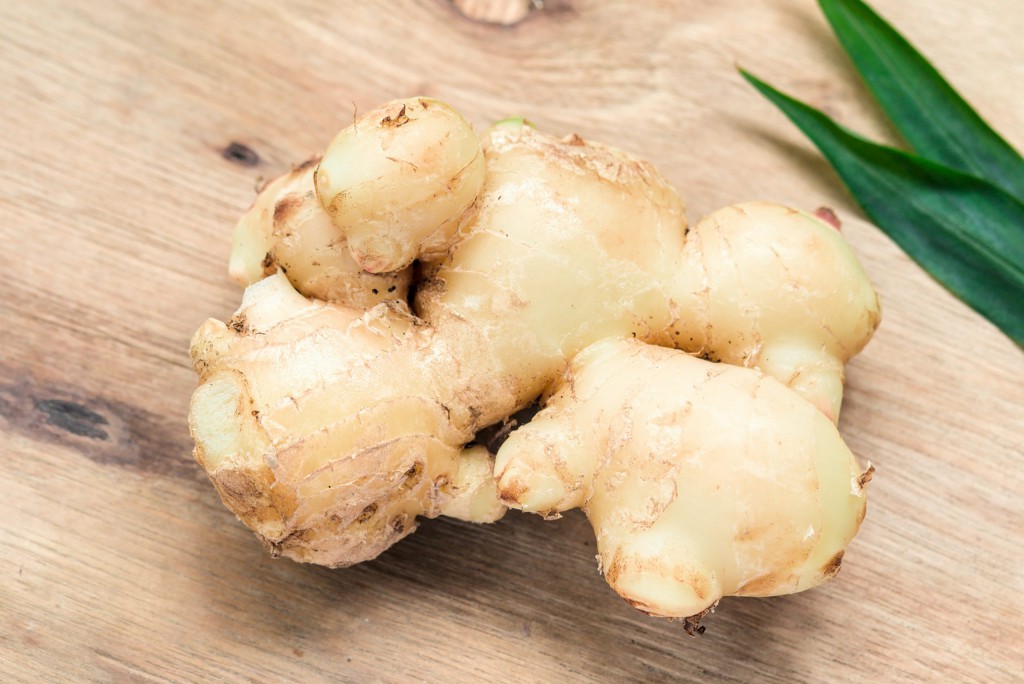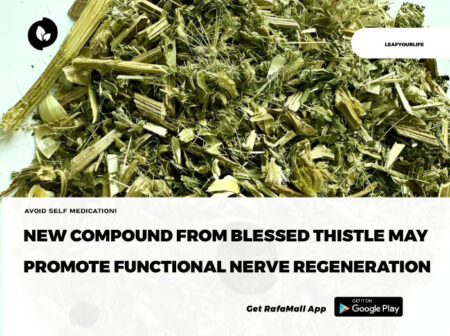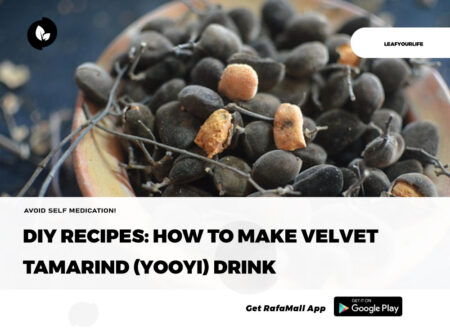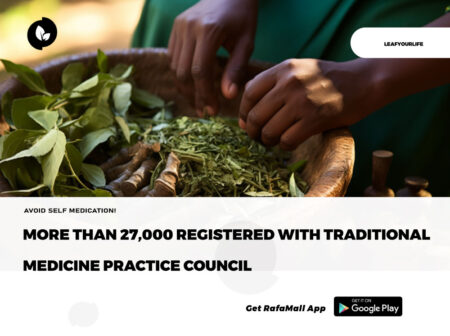
There is a common act among young boys and teenagers after watching very typical ninja movies. They get so amazed at the activities of the ninja characters in the movies that they tend to act as one or imitate them. This is very understandable considering how the ninjas do their job of either defense or attack. Let us read a very little but profound message about ninjas to help us understand this our article about ginger better.
Ninjas (aka Shinobis) are specialized secret agents of medieval Japanese warfare who were highly trained proponents of the martial arts. These were a distinct force that was skilled and adept at disguise, deception, and hijacking enemy positions and strongholds especially at nightfall when they moved like shadows in their traditional dark clothing. The main roles of ninjas were to spy, assassinate, and defend their masters or employers. This is the exact job of the focus of our article today, ginger. Relax in your most comfortable position and keep reading to imbibe the exciting information coming up.
TAXONOMY
Ginger is known as Zingiber officinale of the family Zingiberaceae. Its synonyms are Zingiber zingiber or Amomum zingiber. They are commonly called common ginger, garden ginger, or true ginger. The French know it as gingembre and the Spanish call it jengibre. The part of interest is the rhizome.
MEDICINAL USES OF GINGER (THE NINJA APPROACH)
We read how ninjas do their job just a few lines above. This is exactly how ginger works, by employing the defense and attack technique.
The active constituents in ginger resides in its volatile oils that approximately comprise about 1-3% of its weight. These major active constituents in ginger are called sesquiterpenes and they are bisapolene, zingiberene and zingiberol. Now, the gingerols act as our ninjas by attacking bacteria and microbes in our bodies, quenching pain, and handling our fevers. This means that they have antibacterial and antimicrobial properties as well as analgesic and antipyretic properties. They protect us by subtly attacking and destroying bacteria that we accidentally and unconsciously ingest into our bodies. Concerning their protective role as ninjas, a compound called 6-Gingerol makes ginger possess chemopreventive potentials. They simply prevent the slow development of cancer. This unique property of ginger makes it a promising alternative to the expensive but yet toxic therapeutic agents.
Traditionally, ginger has been used to treat intestinal problems. The active ingredients stimulate the pancreas to release digestive enzymes that favor digestion. The antibacterial property is effective against preventing numerous intestinal problems that take place because of the alteration of the intestinal flora.
The “hotness” of ginger and its taste that is due to phenylpropanoid–derived compounds, particularly gingerols and shogaols prevents emesis or vomiting. It is therefore used as an anti-emetic agent.
Its antibacterial activity is employed to prevent the formation of stomach and duodenal ulcers by eliminating the Helicobacter pylori bacteria whose secretions are ammonia that is responsible for the ulceration. Ginger also neutralizes the excess gastric acid that might also cause stomach ulcerations.
Its capacity to eliminate harmful bacteria like Escherichia coli which is responsible for most diarrheas especially in children and its tolerance to respect the necessary microorganisms in the intestines (lactobacillus) which allows it to enrich the intestinal flora makes it ideal in handling flatulence. The gingerols in it also increase peristaltic movements to help in the expulsion of excreta.
It has antioxidant properties, stimulates bile, and protects the liver by preventing it from developing cancerous tumors. This makes it useful in the treatment of hepatitis.
In handling cold, folk medicine encourages the chewing of raw ginger and sugar between times. The sugar is supposed to reduce the “hotness” of the ginger. Another folk recipe for cold is a hot infusion of ginger and lemon with a good spoonful of honey. This helps clear a congested chest and frees it from the accumulated mucus. This is done to help treat sore throat, sinusitis, and laryngitis too.
Ginger also has antiviral properties. It helps eliminate influenza. As part of its cancer-preventive property, ginger inhibits the viral infection of the Epstein–Barr virus preventing the increased growth of cancers like lymphomas.
In treating or alleviating pain, it helps in osteoarthritis, rheumatoid arthritis, menstrual cramps, joint pains, and toothaches.
In Arab history, ginger was a form of an aphrodisiac.
Some folkloric use was to treat alopecia or baldness when combined with castor oil.
Ginger is a very potent anticoagulant or antiplatelet as it helps thin the blood and slows down blood coagulation.
The gingerols present in ginger helps reduce blood sugar levels and reduce high blood pressure levels in the human body.
WARNINGS AND CONTRAINDICATIONS
Ginger in its moderate proportions taken in food is harmless. However, in situations where ginger is to be employed in large quantities to treat a problem, caution must be taken when these drugs are in used.
- Anticoagulants: These medications slow down clotting. Taking ginger along with such medications might increase the chances of bruising and long bleeding. Examples of these medications are warfarin, aspirin, etc.
- Antidiabetics: Ginger might decrease blood sugar levels in substantial amounts. Diabetes medications are drugs that are used to lower blood sugar levels. Taking ginger along with diabetic medications might cause your blood sugar to go too low. Monitor your blood sugar levels closely if you combine the two. Your doctor in such a case may reduce the dosage of your diabetic medication. Examples of diabetic medications are glimepiride, insulin, glyburide, pioglitazone, tolbutamide, etc.
- Antihypertensives (especially calcium channel blockers): Ginger might reduce blood pressure levels in a way that is similar to antihypertensive drugs. Taking ginger along with these medications might cause blood pressure to drop too low and might cause arrhythmias (irregular heartbeats). Some medications for hypertension are nifedipine, verapamil, diltiazem, amlodipine, etc.
CONCLUSION
Ginger possesses many benefits. They act as health ninjas by defending and protecting us from bacteria and microbes. If possible, use ginger in your food at least three (3) times in a week and you will be on your way to enjoy an uncompromised health all the way.
Written by: Ernest Edem Ayer
Medical Herbalist (Dr. MH)
Ghemsa – KNUST











